ResearchKit May Be the Most Important Thing Apple Has Ever Done
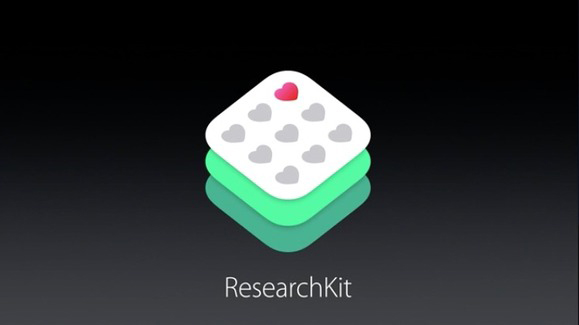
Apple has long reminded us that the company wants to “change the world,” and while many of its products have indeed had profound impacts on the way we live, work, and play, perhaps none have been as important as what Apple announced today during its “Spring Forward” event. No, I’m not talking about the Apple Watch. I’m talking about ResearchKit.
Announcements about Apple’s stunning new MacBook and Apple Watch were expected for some time, but ResearchKit caught the audience by surprise. Recognizing the potential benefits of leveraging 700 million iPhone users worldwide, Apple has worked with major hospitals and medical research organizations to create a new framework for collecting and sharing medical research data on a massive scale.
Making it easier to participate in research automatically leads to larger sample sizes, a crucial component of any study or analysis
By enabling the hundreds of millions of iPhone owners to easily contribute to medical research and data gathering, Apple and its partners can overcome several obstacles that have limited the efficacy of traditional research: participation, sample size, accuracy, and data frequency.
Participation in medical research has always been tricky. Volunteers have to take the time to visit hospitals and research labs for observation and experiments, or sit and fill out paperwork and journals at home. In many cases, researchers are forced to financially compensate participants, which can lead to samples that are not optimally representative of the desired target. By allowing virtually anyone to participate from anywhere in the world with a device already in their pockets, ResearchKit makes it simple for a potential volunteer to overcome the time and commitment obstacles. Some ResearchKit studies still require manual intervention by the user — Apple demoed activities such as vocal and walking tests for Parkinson’s — but other studies will be able to passively pull data directly from HealthKit without any action on the part of the volunteer.
Making it easier to participate in research automatically leads to larger sample sizes, a crucial component of any study or analysis. Instead of crucial medical research relying on the experiences of a few hundred volunteers, ResearchKit may soon make it easy for medical researchers to base their studies on the results of tens of millions.
This in turn leads to more accurate data. Many forms of traditional research rely on “snapshots” of volunteer health and other metrics, such as wearing a heart monitor for a 24-hour period two or three times. But with ResearchKit leveraging the benefits of HealthKit on the iPhone and, soon, the Apple Watch, researchers can collect information on heart rate, activity level, and more with as much or as little frequency as desired (it would have been interesting to see the heart rate levels of the audience when Apple CEO Tim Cook announced the $10,000+ price point for the gold Apple Watch Edition).
Phones, tablets, watches, and cars aside, this may be the key development that historians look to when evaluating Apple’s ultimate impact on our lives
So why is this a big deal? Despite the negativity that dominates the news, I believe that the good in humans ultimately outweighs the bad, and that most of us would volunteer and contribute to efforts that can benefit others. ResearchKit promises to make the decision to volunteer in medical research incredibly simple, even if the participants are never direct beneficiaries of the results of that research. But apps based on ResearchKit will also have the ability to provide immediate and detailed feedback to volunteers, which may help spot preventable or treatable conditions early on, making the incentive to participate even greater.
Privacy, of course, is key, and Apple claims that user consent is required for each ResearchKit-based app and study. The company also stated that it won’t be involved in the collection of your data outside of the initial opt-in, meaning that the only people seeing your medical information are the researchers to whom you’ve granted explicit permission. We’ll need to see how this works in practice, but if it’s as secure as Apple hopes, it would allay many user concerns.
Apple is just getting started with ResearchKit, and will have apps from medical research institutions at launch that study Parkinson’s, Diabetes, Heart Disease, Breast Cancer, and Asthma. In a move that clearly signals the company’s sincerity with this initiative, Apple will also make the ResearchKit framework open source, allowing developers for other platforms, such as Android and Windows Phone, to create apps that can participate as well. Once ResearchKit is in the hands of developers next month, expect to see a plethora of new apps that can help researchers tackle a wide range of diseases and conditions.
Apple can, and does, tout the undeniable benefits that its products have introduced to our society in the company’s nearly 40-year history, but instead of another breakthrough that will be primarily used to play Candy Crush on the toilet, ResearchKit is the major move that adds credibility to the company’s lofty ideals, and I think that phones, tablets, watches, and cars aside, this may be the key development that historians look to when evaluating Apple’s ultimate impact on our lives.




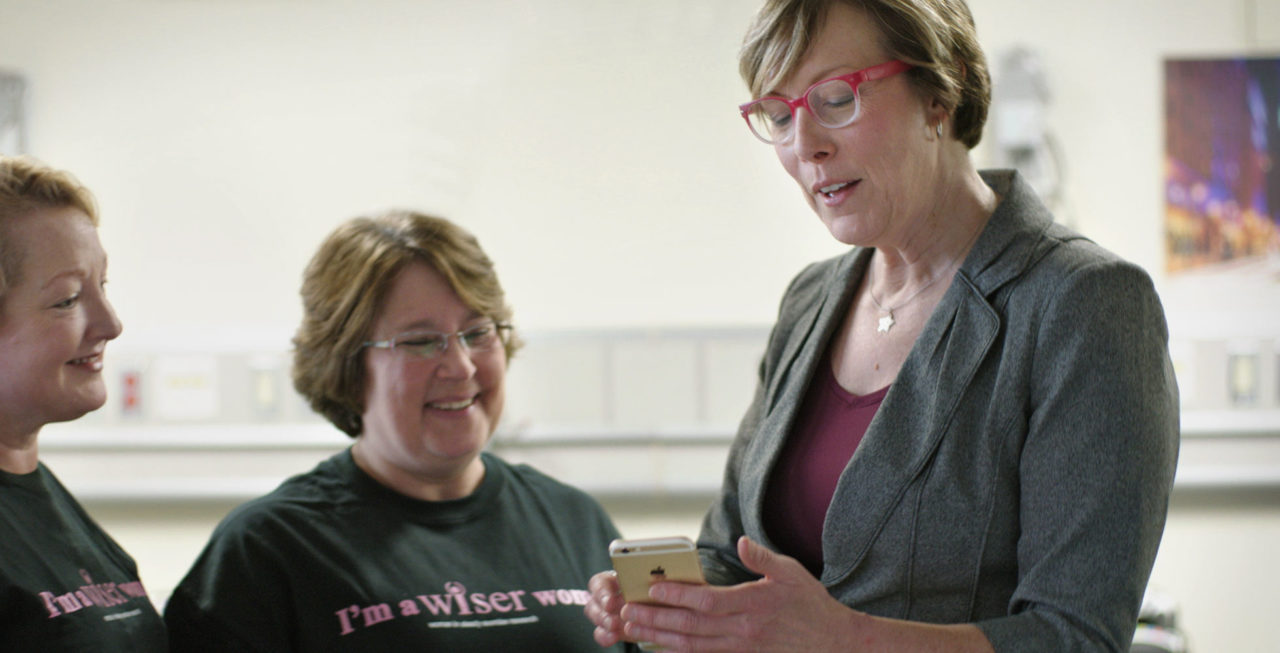
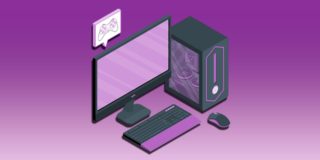

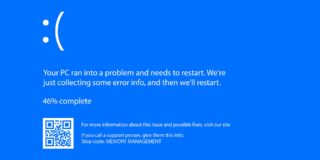


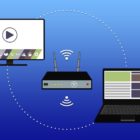







3 thoughts on “ResearchKit May Be the Most Important Thing Apple Has Ever Done”